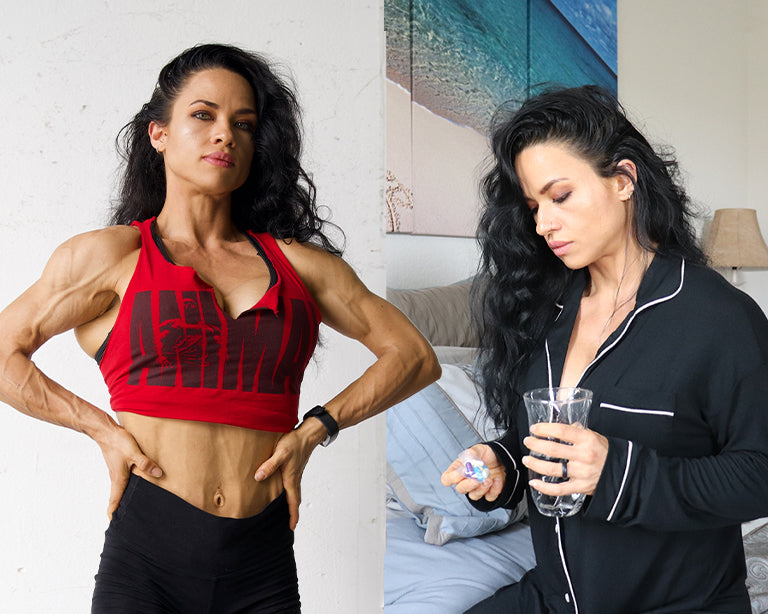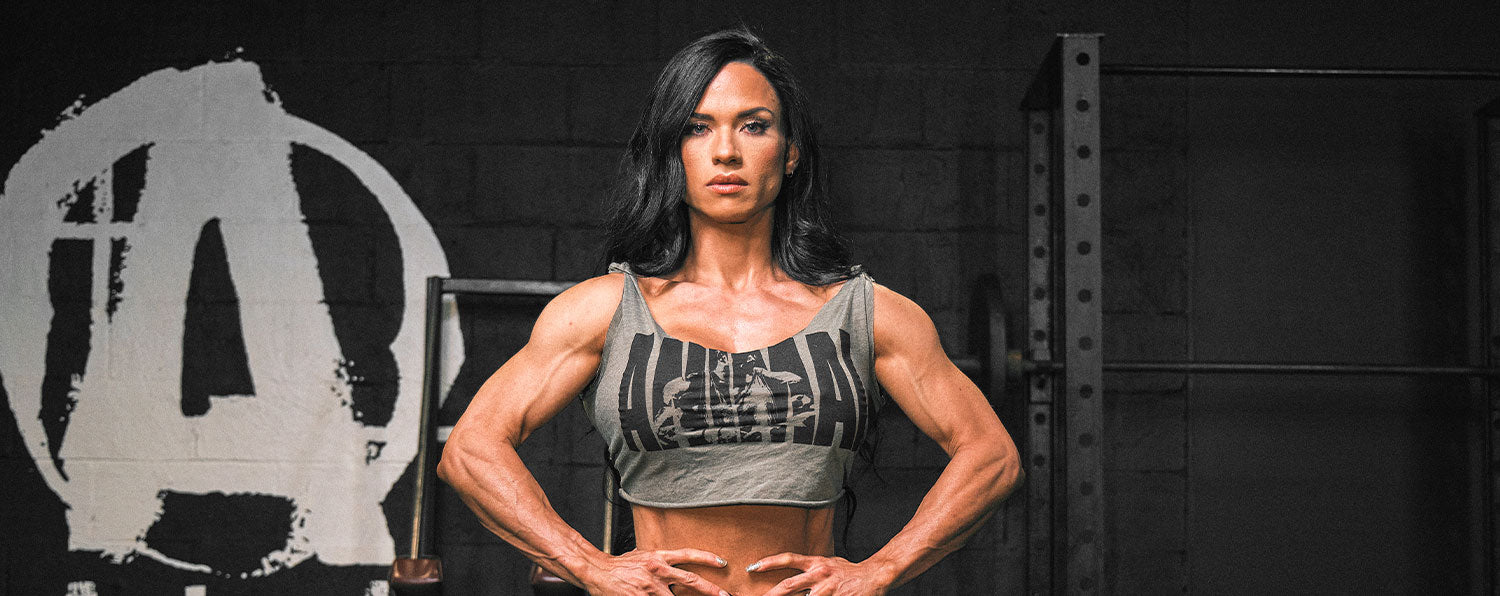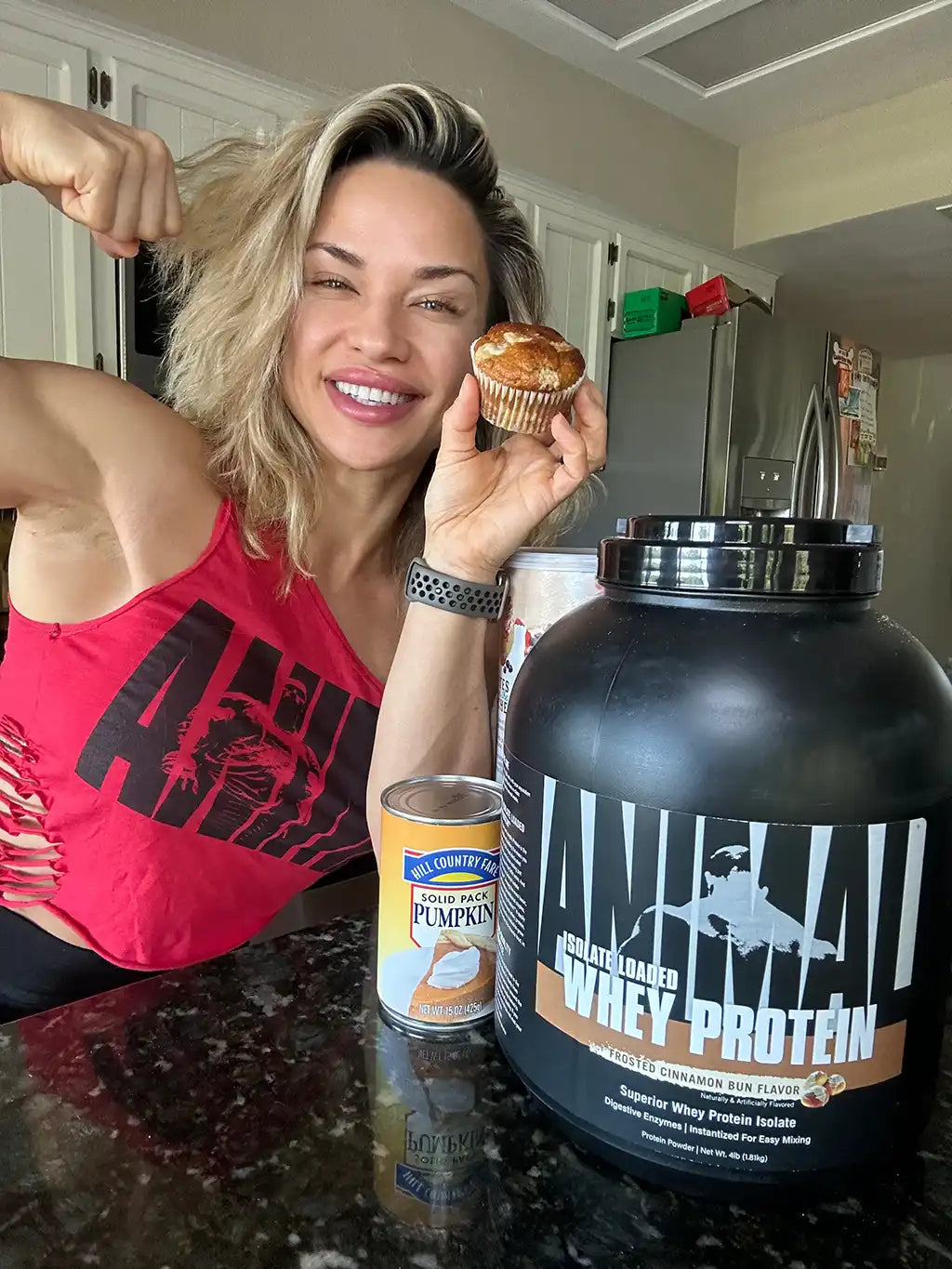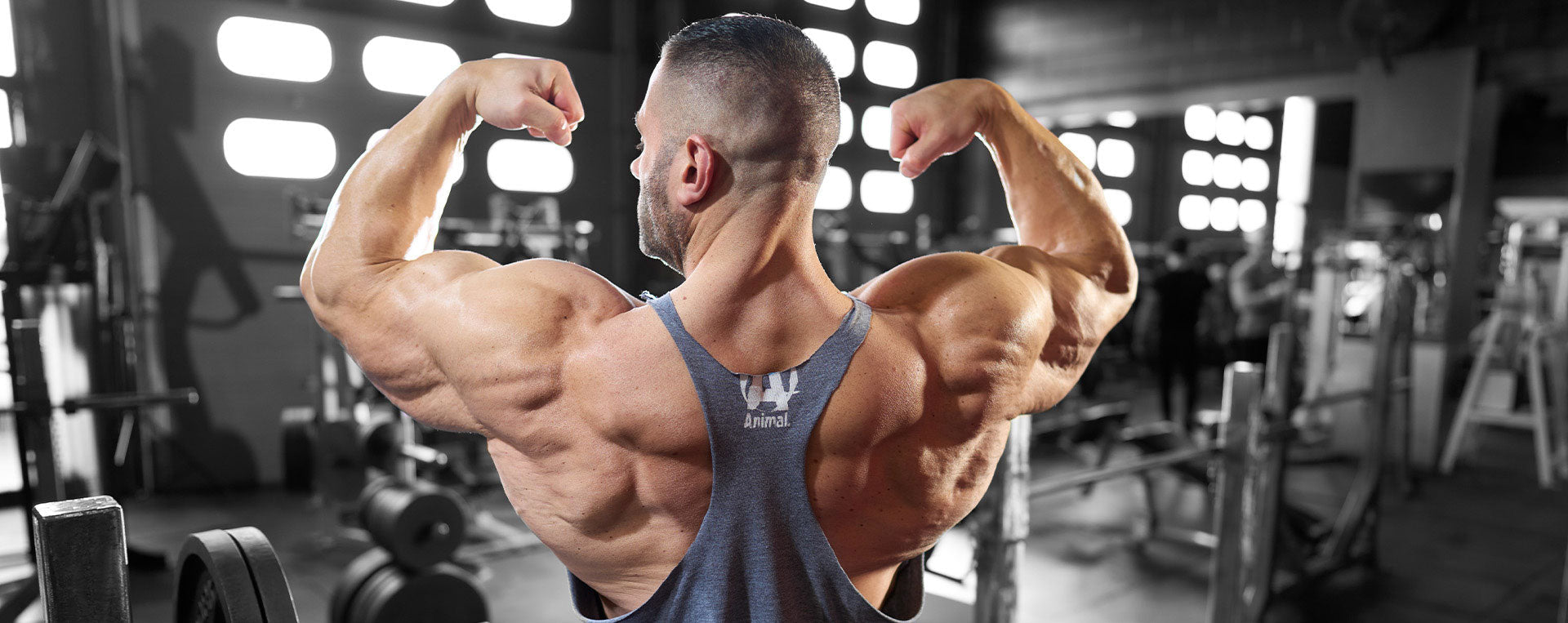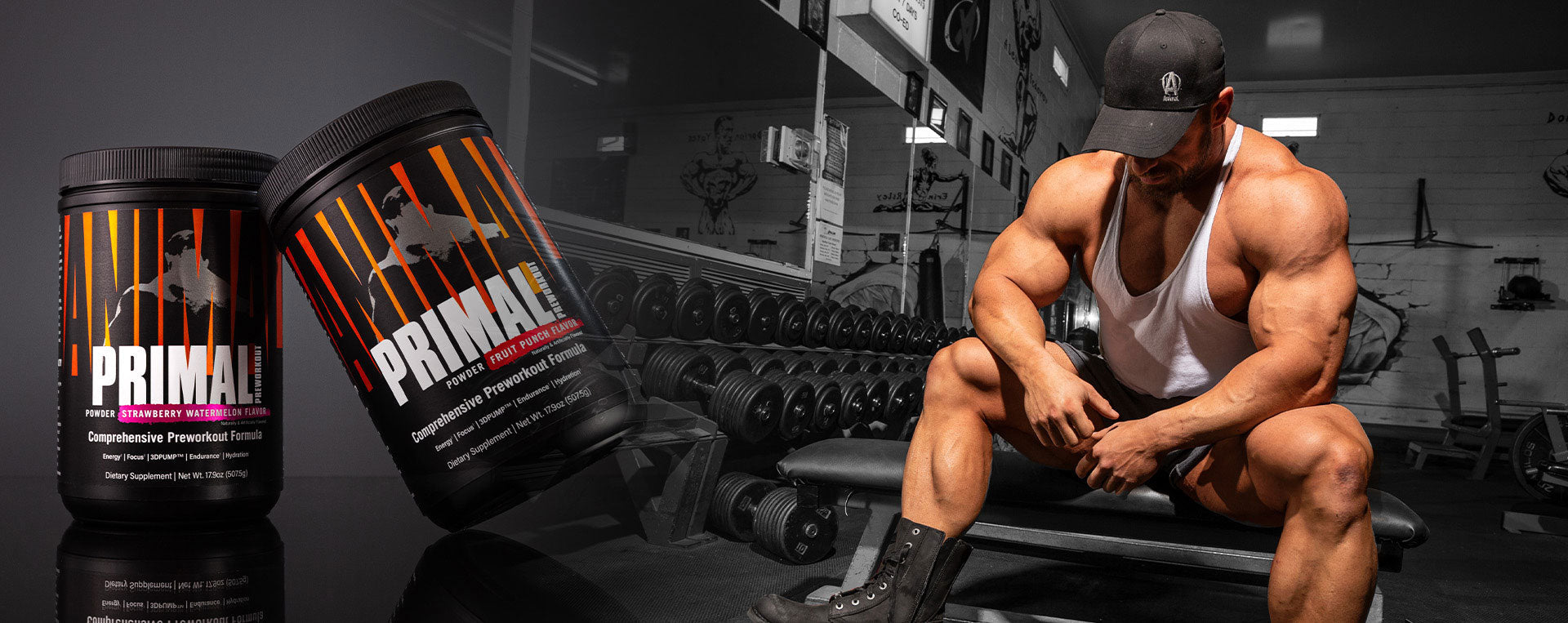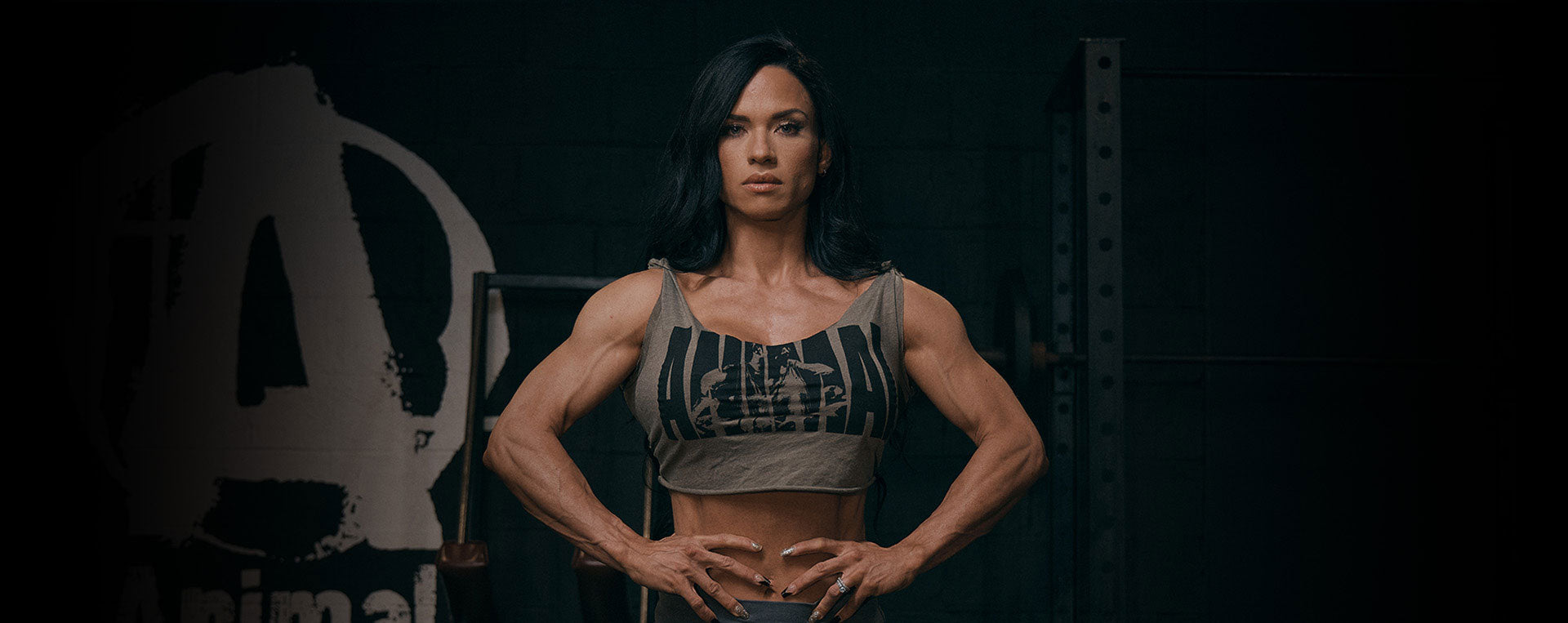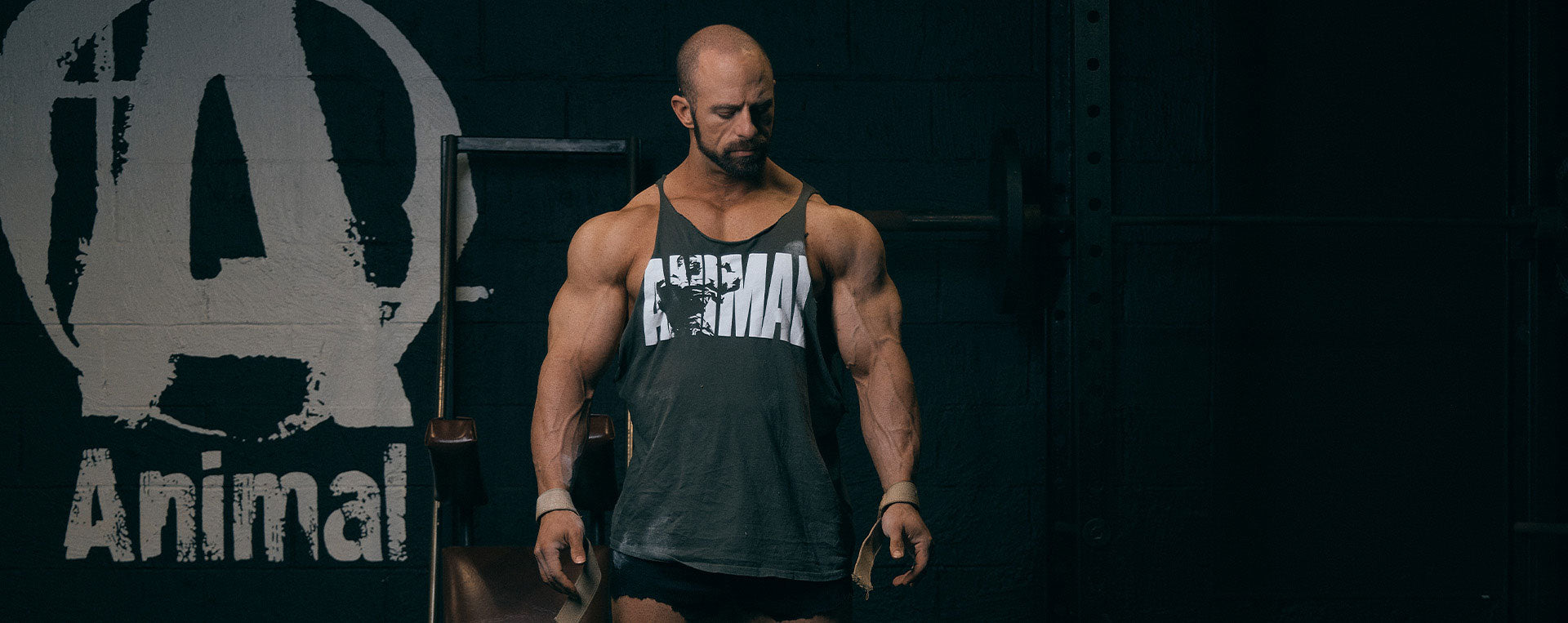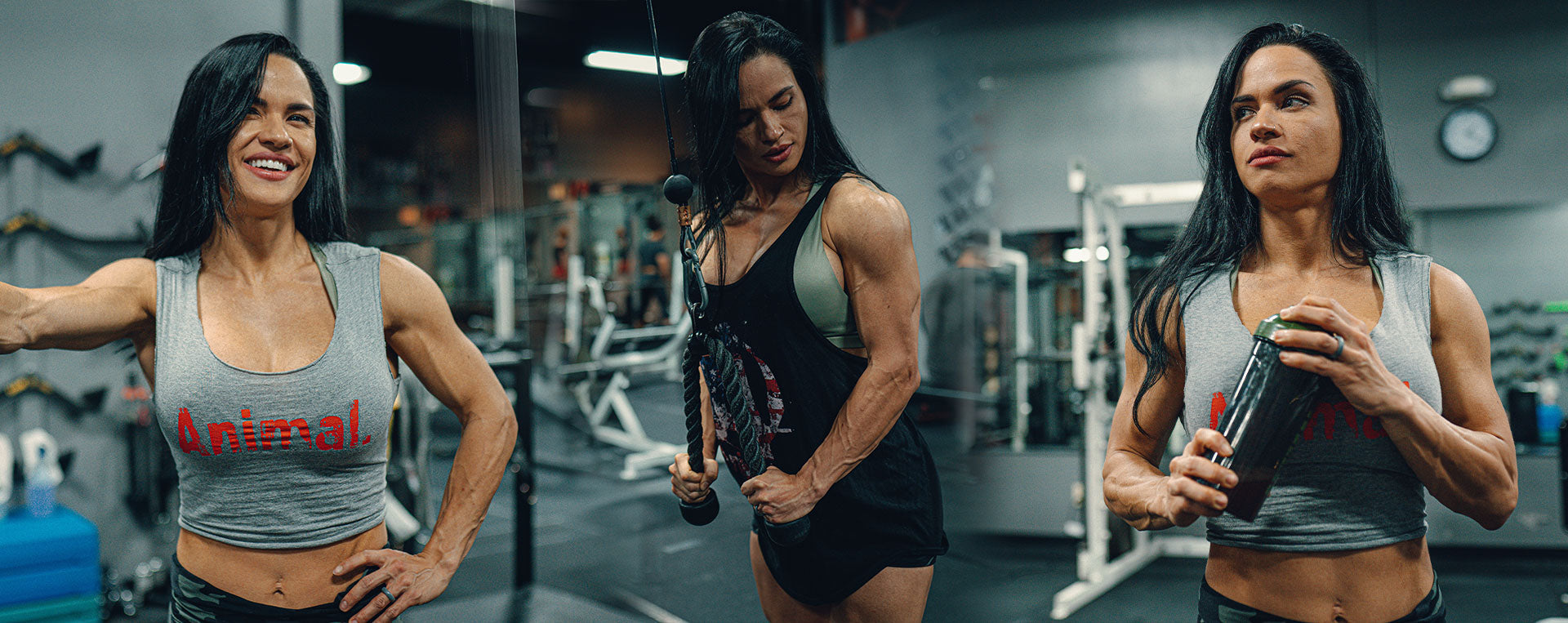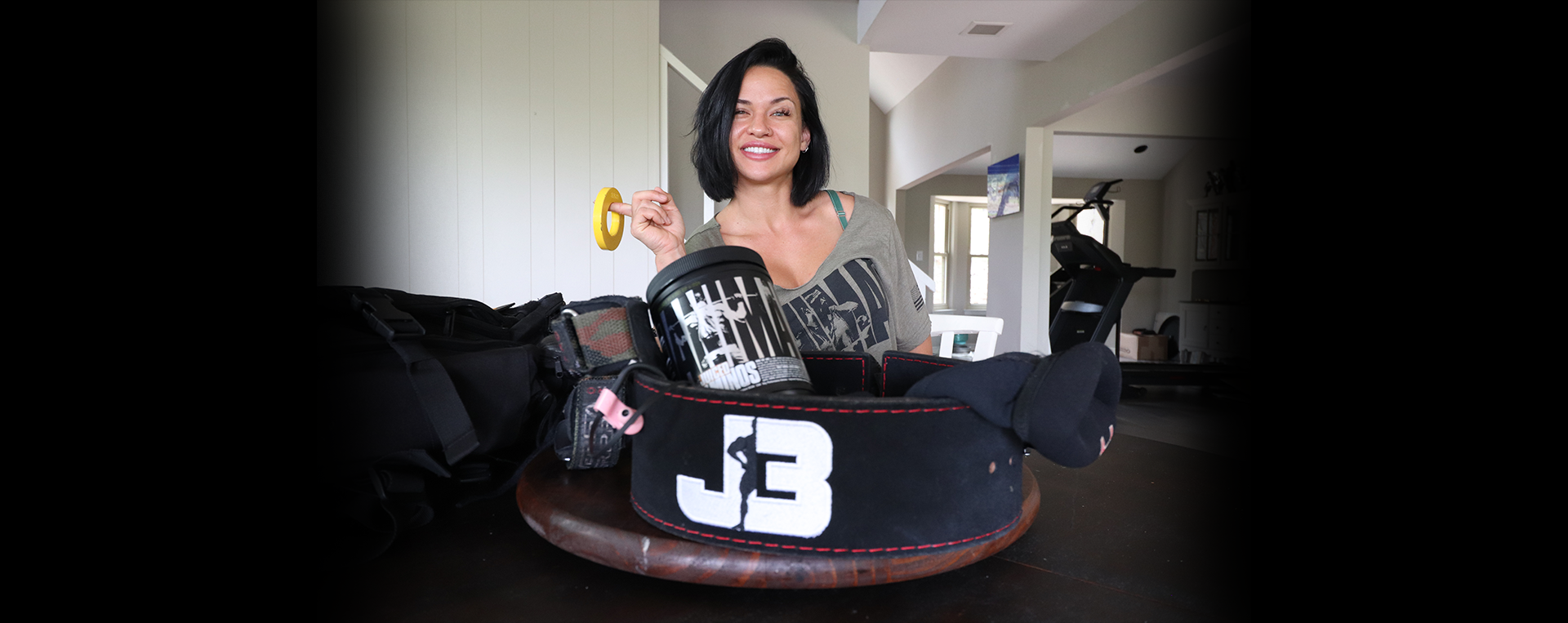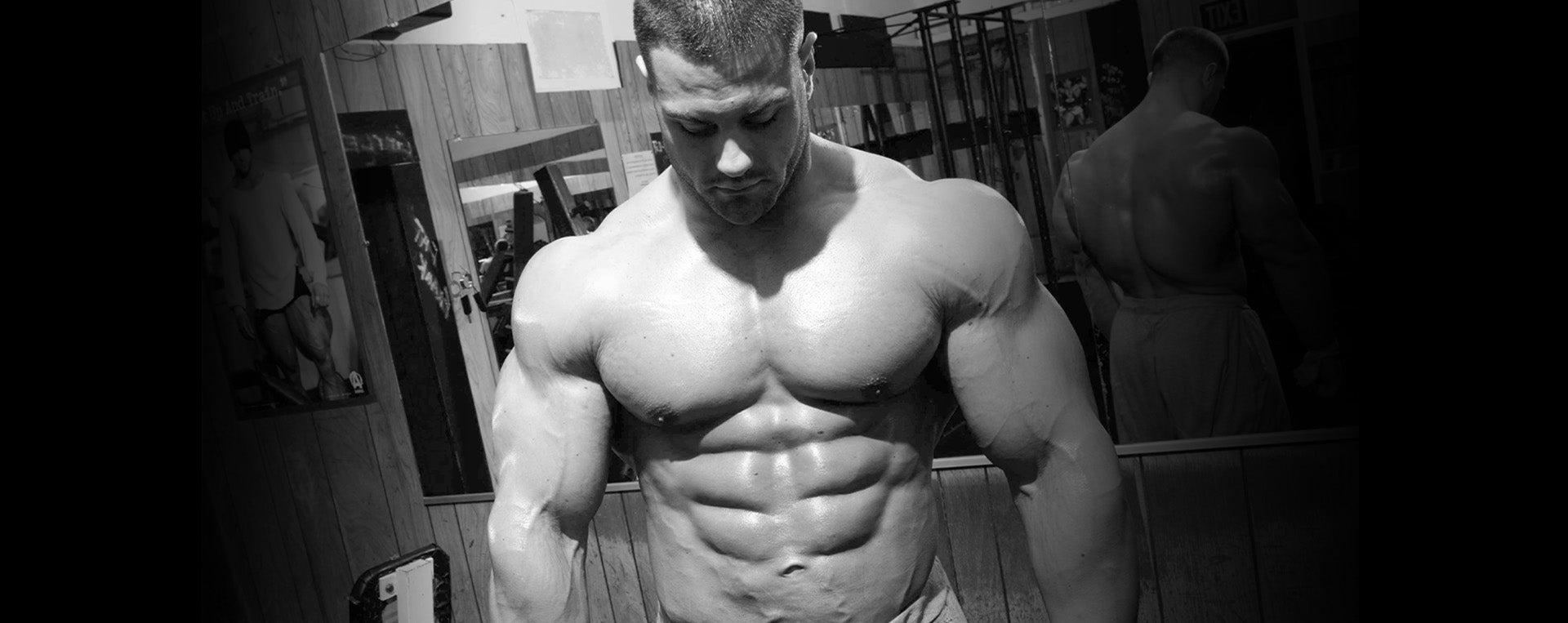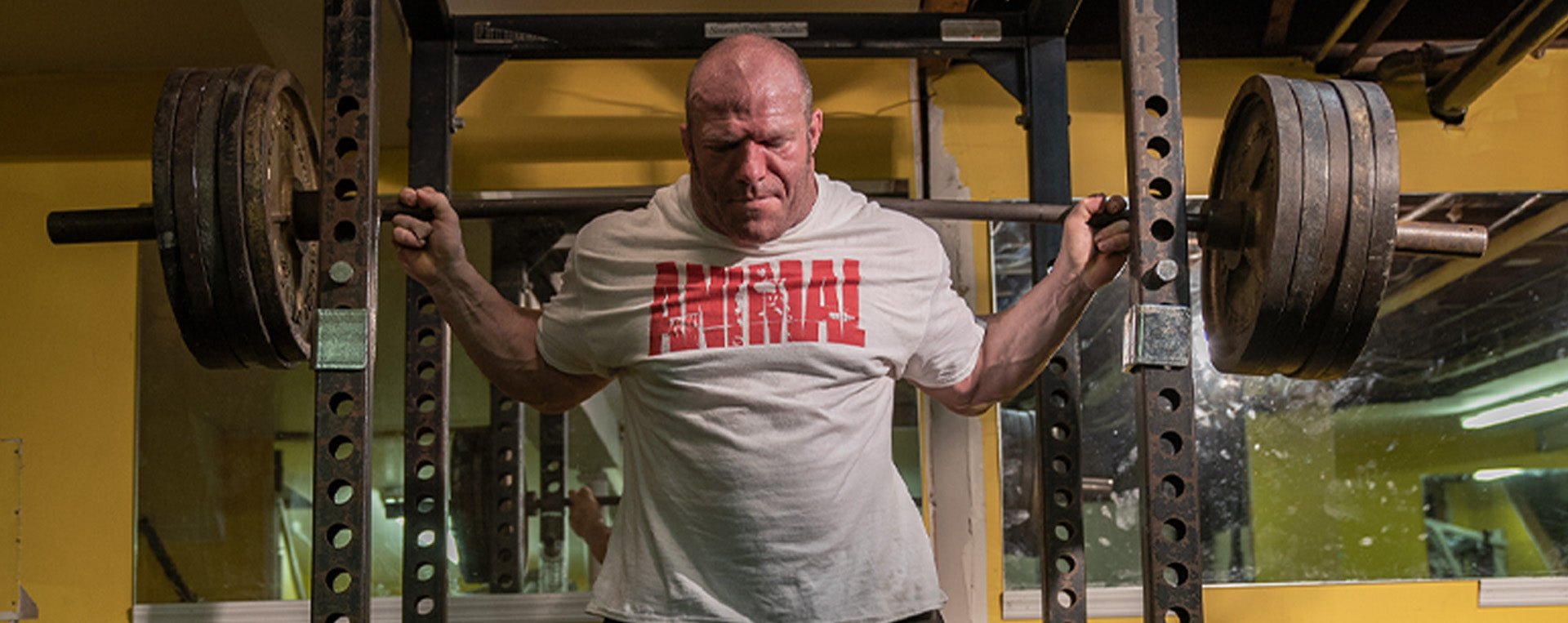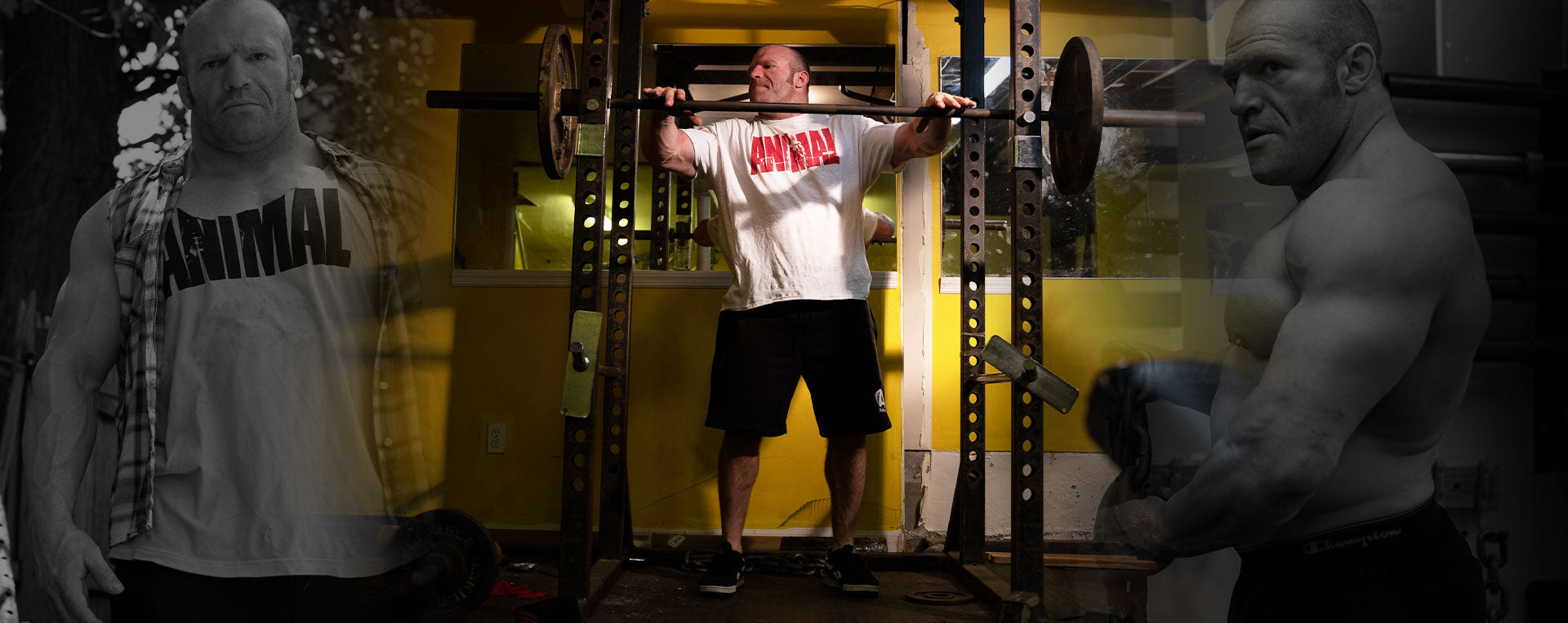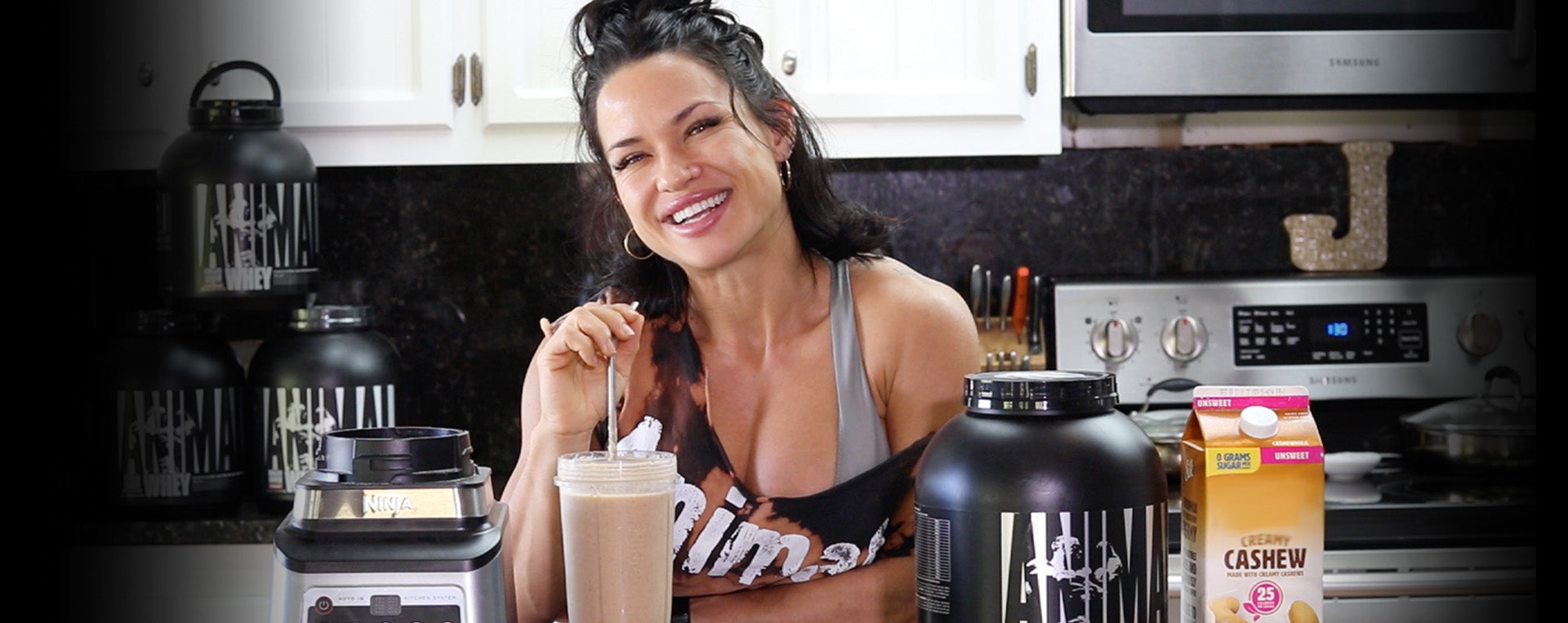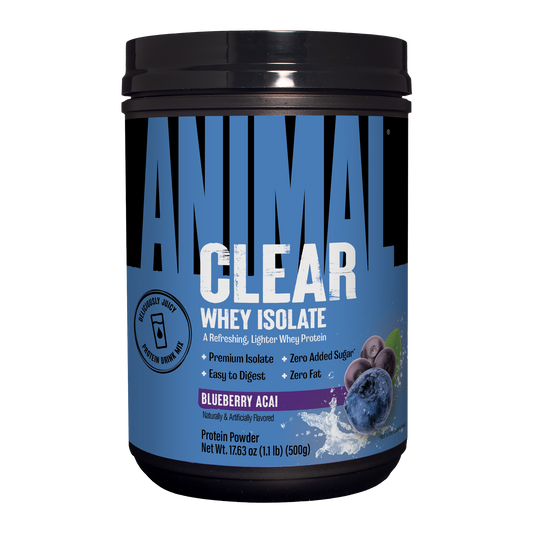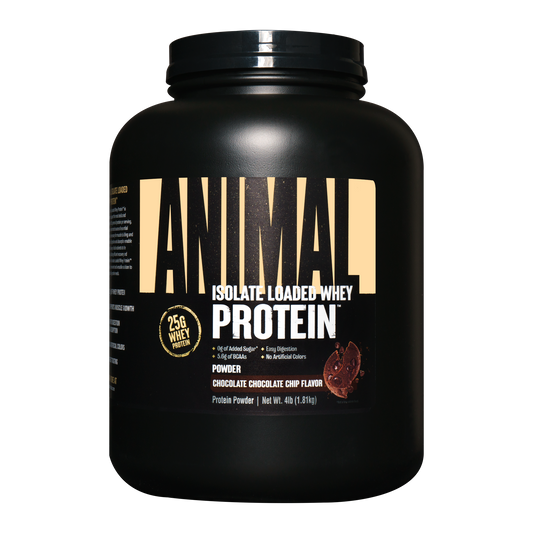Get your beauty sleep. We’ve all heard this saying at one time or another. It’s not just a catchy phrase; beauty sleep is a real thing. When we sleep our stress hormone, cortisol, goes down and our sleep hormone, melatonin, goes up. Our bodies go in to repair mode. That means benefits for our skin, hair, brain function, and our oh-so-important muscles that we spend so much time trying to build.
Sleep is one of the most underutilized fat loss and muscle building tools. As physique athletes, we’re always on the quest for the most effective ways to build muscle—new diet strategies, complex training routines, the latest and greatest supplement. All of these things play an important role, but without an adequate amount of sleep, even the best laid plan can leave you shortchanging yourself out of muscle growth.
Don’t Sleep on Your Gains by Missing Out on Shut Eye
Sleep is a time machine to eating breakfast. I fall asleep and 8-9 hours later, bam, time to eat! Of course, sleep is so much more than that. We’ve all been sleeping our entire lives, but have you really given any thought to what sleep is or why it’s so important? Maybe you have, but the majority of people haven’t. Some just see it as this dormant, passive part of their lives. Sleep affects all of our daily functions and our physical and mental health. Have you ever had a night of poor sleep and woke up in a terrible mood? Too little sleep can leave us feeling drowsy, irritable, and foggy headed. It can lead to impaired memory and physical performance, a.k.a. impaired gains. Last week I had one night of poor sleep and that single night was enough to affect my mood, training, work efficiency, and energy level the following few days.
The cost of sleepless nights is more than just bad attitudes and a lack of focus. Regular poor sleep puts you at risk of serious conditions and shortens your life span. Sleep deprivation has been linked to obesity, heart disease, diabetes, depression—the list goes on and on. As if that’s not enough to convince you, imagine what a lack of sleep is doing to your gym performance and muscle gain.
The Stages
We usually pass through four stages when sleeping. Stages 1, 2, and 3 are considered non-REM sleep and stage 4 is our REM sleep. We go through these phases in a progressive cycle, from stage 1 to REM sleep. Sleep cycles will vary from person to person and from night to night. A wide range of factors, such as our age, lifestyle, and caffeine and alcohol consumption, play a huge role in our sleep cycles. These stages of sleep are important because they allow our brains and body to recover and develop.
NREM sleep accounts for approximately 40% of your total sleep time and is essential for muscle recovery. During this stage breathing becomes slower and deeper, blood pressure drops, your brain is at rest and activity slows. The blood supply to your muscles also increases, delivering extra oxygen and nutrients to help with their recovery and growth. Remember when I said sleep is a muscle building tool? You’re literally helping your muscles grow while you sleep. Another cool thing that happens during this phase is we get a nice shot of growth hormone secretion from our pituitary gland which helps facilitate muscle repair and growth. Not enough sleep causes a decline in this growth hormone secretion, which means fewer gains.
REM sleep is important to our sleep cycle because it stimulates the areas of your brain that are responsible for learning and retaining memories. Just as our bodies are being physically repaired during the NREM cycle, the REM cycle is responsible for making important neural connections. These are key to our mental and overall well-being. REM sleep provides the energy our brains need to function during our waking hours. This is useful for making those important plate calculations when loading up our barbell at the squat rack.
How Much Sleep Should We Be Getting?
I hope by now I’ve convinced you how important sleep is. So how much sleep should you be getting to optimize your gains? It depends on the individual, but there are multiple studies and guidelines stating that athletes should be getting between 8 and 10 hours of sleep per night. That might seem like a hefty amount, especially when we work long hours, have families and responsibilities, enjoy a few hobbies, and need to make time for the gym. There’s much to do. When we’re pressed for time, the first thing we sacrifice is sleep. Apparently, only 25% of Americans sleep 8 or more hours per night. Even when we get to bed our fast-paced world can still interfere. I know I’ve had strings of nights where my responsibilities weighed so heavily on my mind that it resulted in both poor quality and a shorter duration of sleep.
While I’m not telling you to blow off your responsibilities to get in 8-10 hours of sleep per night, I am saying to prioritize your sleep. It will probably take some effort to arrange your schedule to make enough time for sleep, but it will pay off and be well worth it when you see an increase in recovery, energy, productivity, and your ability in the gym.
Ways To Get Better Sleep
Support sleep with supplements:
You train like an Animal so it only makes sense for you to sleep like an Animal too. Adding in Animal PM can help you slide into slumber. Animal PM is loaded with herbs and minerals to help support a restful night’s sleep to maximize recovery and, with it, our gains. Animal PM has been a staple for me these last weeks of prep when sleep can become difficult. With ingredients like valerian root and L-theanine for relaxation, L-glutamine and EAAs to support recovery, you can rest easy knowing you’re maximizing your growth potential while catching your z’s.
Avoid caffeine and alcohol before bed:
If you know me, you know I love coffee. But I also know too much caffeine can become a barrier to falling asleep, so I cut out caffeine intake later in the day. That goes for teas and sodas as well. If you are a late evening lifter, this might mean going with a caffeine-free Animal Pump Pro pre-workout over the caffeinated Animal Fury. Avoid having a nightcap before bed. Alcohol can affect the brain in a way that lowers your quality of sleep. Although alcohol might make you drowsy and seem like a good idea to help you fall asleep, it’s best to avoid it leading up to bedtime.
Set a sleep schedule:
Set a fixed bedtime and wake up time. Get your body accustomed to a sleep routine. If you’re constantly falling asleep and waking up at different times, it’s going to be near impossible for your body to get into a healthy sleep routine. Prioritize time for sleep in your schedule. Once you set your wake up time, work backward to identify a good bedtime. It’s ok to adjust your schedule gradually to allow your body to get used to the changes.
Correct your sleeping environment:
- Block out as much light as possible. Lower light levels signal your brain to make melatonin, the hormone that brings on sleep.
- Reduce noise, use ear plugs, or add in some white noise. There are a ton of apps made specifically for sleep. I like to use one called “Deep Sleep Sounds.” My go-to is “Heavy Ocean Waves,” which I find quite relaxing. Many of these apps play for two hours then shut off, or you can set them to play for longer durations.
- Set a comfortable sleeping temperature. The best temperature for most people is between 68 and 72 degrees.
- Pay attention to your sleeping mechanics. Do you wake up with a kink in your neck or with back or shoulder pain? It might be due to the way you’re sleeping. For example, I’m a side sleeper, which can put a lot of pressure on my shoulder and hip. To remedy this, I’ll sleep with a pillow tucked between my legs to allow better alignment and take pressure off of those areas.
- Get a good quality mattress and pillow. Considering how much time we spend sleeping and how important it is to our overall well-being, it only makes sense to invest in these. My husband and I went through numerous pillows before investing in higher quality ones recommended by our chiropractor. They were pricey but well worth it.
Kick your bedroom TV to the curb:
I personally hate having a TV in my bedroom. I think a bed should be for two things: sleep and sex, not binge-watching Netflix. You want to associate your bed with sleep, not various other activities. Plus, the light from your TV or other devices like a tablet or phone can make it hard to wind down. Try to disconnect from all of these devices 30 minutes before bed.
Make your evening relaxing:
Light a candle, pet your dog, take an evening stroll around the neighborhood—whatever you find relaxing, do that. If you can’t shut your mind off and find yourself mulling over the day’s events or tomorrow’s responsibilities, try journaling. Jot everything down. I call it a “mind dump.” Get it all out on paper so your mind’s not racing when it’s time to get some shut eye.
These are my top tips to getting your beauty sleep. With a little strategizing and practice you can become an expert sleeper. You put so much time in to training and nutrition, don’t let sleep hold you back from making the progress you want.







